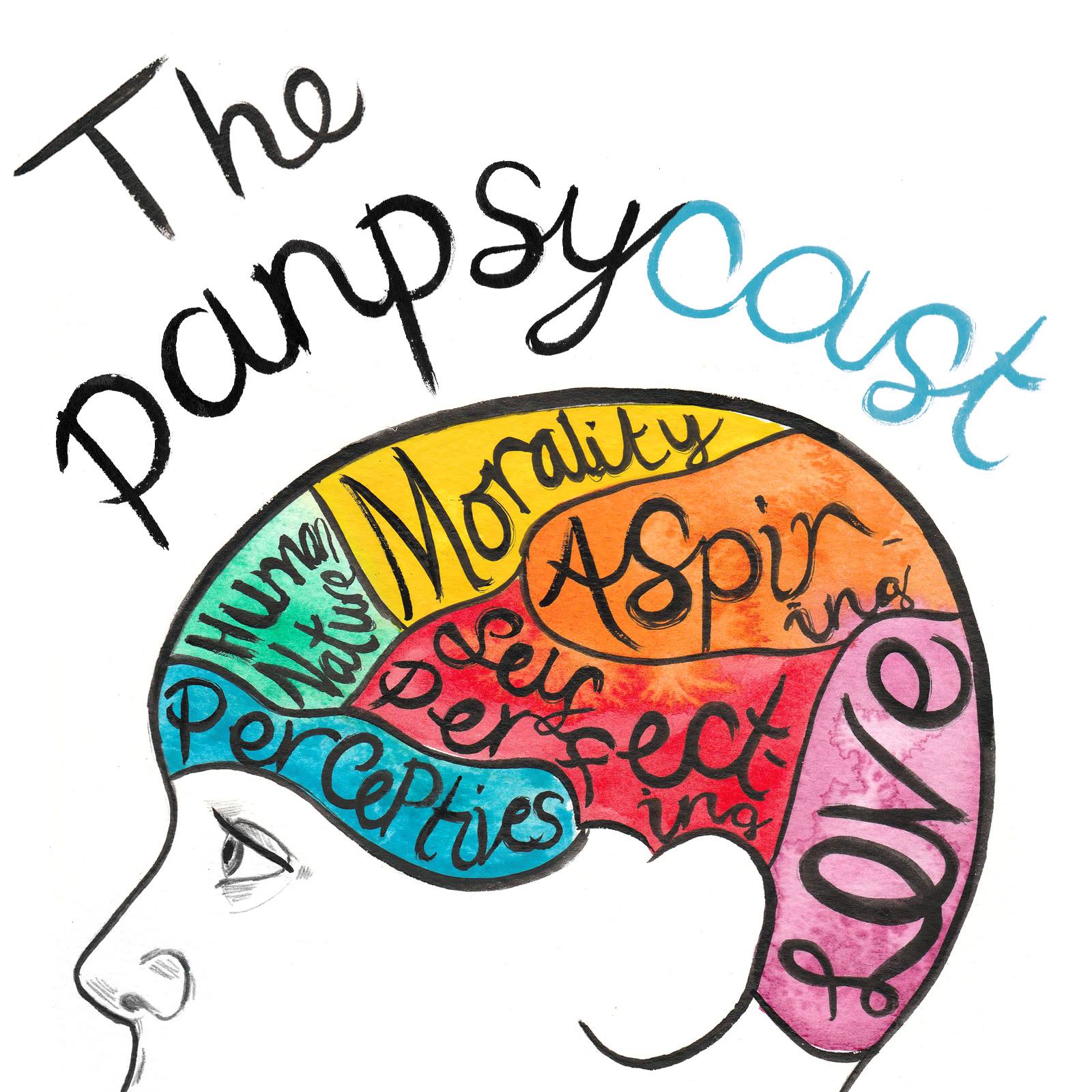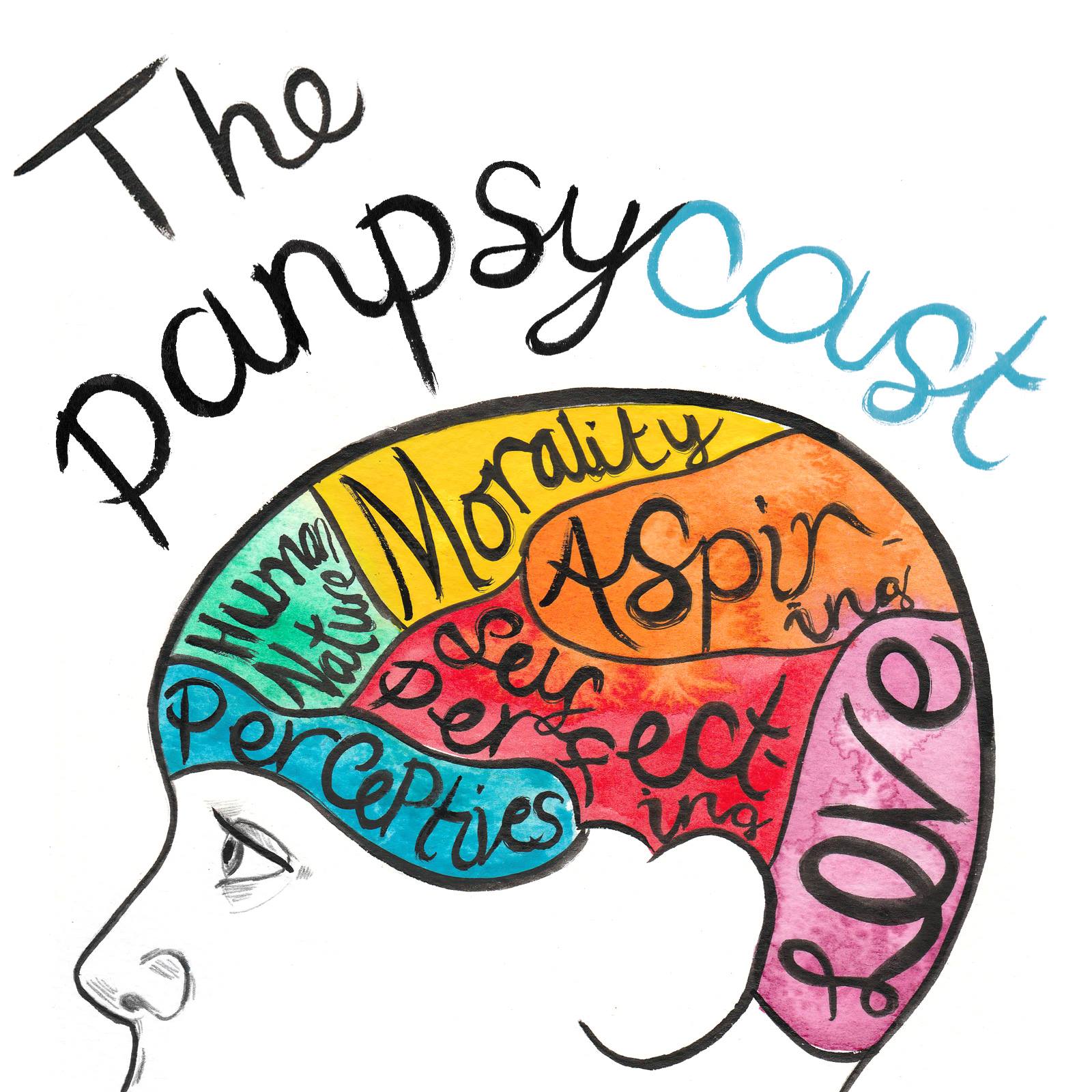Welcome to 'Episode 51 (Part I)', where we'll be answering some listener questions and discussing the life of Simone de Beauvoir.
Simone de Beauvoir was a pioneer for the second-wave feminist movement and one of the most famous philosophers to have lived. Strikingly, Beauvoir did not label herself as a philosopher, since she never attempted to provide an original treatise which aimed to fully encapsulate the truth of the world or the human condition. Instead, she considered herself as a writer, commentator and novelist. Beauvoir’s identification should not, however, discredit her as a philosopher. Jean-Paul Sartre’s work on existentialism is heavily indebted to Beauvoir’s careful eye and scholarly expertise, and her book The Ethics of Ambiguity, is considered by many as one of the most significant texts in moral philosophy and existentialism; the ethical text which Sartre promised, but never produced.
Simone de Beauvoir’s most famous text is The Second Sex; a detailed examination on what it means to be a woman through the lens of existentialism. The Second Sex was highly controversial at the time of its publication; receiving backlash from certain areas of male-dominated academia and the press. Nevertheless, it is still considered to be one of the greatest works in feminist philosophy.
The file size is large, please be patient whilst the podcast buffers/downloads/embraces its freedomContents
Part I. The Life of Simone de Beauvoir (27:30).
Part II. The Ethics of Ambiguity.
Part III. The Second Sex.
Part IV. Further Analysis and Discussion.











